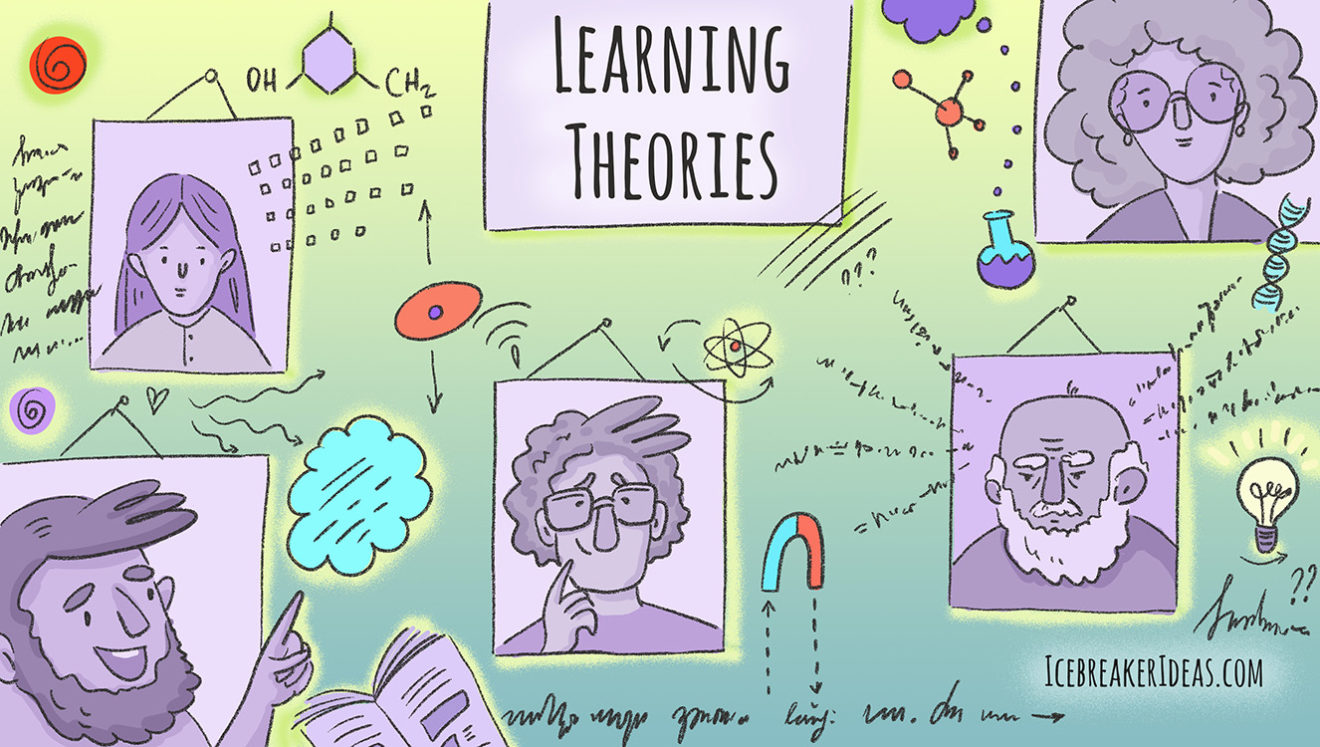HI, all. I hope you are doing well. The topic of the learning theories is very interesting for me. It gives a more systematic understanding of how learning seems to be defined and approached differently in different attention. But the cognitivism of it was relatively difficult for me to understand. But by reading the article and researching it more deeply, I gained a deeper understanding of cognitivism. My understanding of cognitivist learning is that it considers the process by which learners, when confronted with a current problem situation, undergo an active internal organisation that leads to the formation and development of cognitive structures, emphasising that the connections between stimulus responses are mediated by consciousness, and stressing the importance of cognitive processes. In other words, what the learner needs in the process of learning is to receive the stimulus to the problem and thereby generate a positive mental response and the acquisition and construction of knowledge. I believe this requires a high level of motivation for the learners to be actively engaged.

After reading and understanding learning theories, I think I prefer and agree with the constructivist definition of learning. When I first started at Uvic, I faced a period of struggle in adjusting to the new environment and learning style. I needed to have a higher level of self-regulation in relation to the different teaching styles of the professors. By trying out different learning methods, I found the learning method in constructivism to be effective. That is, the acquisition of knowledge through personal experience and interactive creation. In one of my economics classes, for various reasons I was not able to get a good grasp of the knowledge in the classroom. I tried to find classmates to study and discuss after class. I was surprised by the results of the group work. Through interaction with my classmates and their experiences, I was able to acquire knowledge more effectively and gain a deeper understanding. I think that from the interaction and sharing of experiences, I can find a more suitable learning mode for myself.
Reference
Ertmer, P. A., & Newby, T. J. (2013). Behaviorism, cognitivism, constructivism: Comparing critical features from an instructional design perspective.Performance Improvement Quarterly, 26(2), 43-71. https://open.byu.edu/lidtfoundations/behaviorism_cognitivism_constructivism






Anastassiya
2023-02-02 — 2:42 pm
Hi Jack! Thank you for sharing your understanding of learning theories! Cognitivism recognizes the importance of the mind in making sense of the learning material (not stimuli, as in Behaviourism). The advocates of cognitivism believed that the mind was a processor of information, much like a computer. In fact, all intelligent tutoring systems and Artificial Intelligence are built upon Cognitivism.
I have noticed that you used a reference at the end. However, I was not able to find where you used it in the text. Please add. Please, also do not forget to provide an appropriate reference for the picture you used to supplement your blog. Thank you.